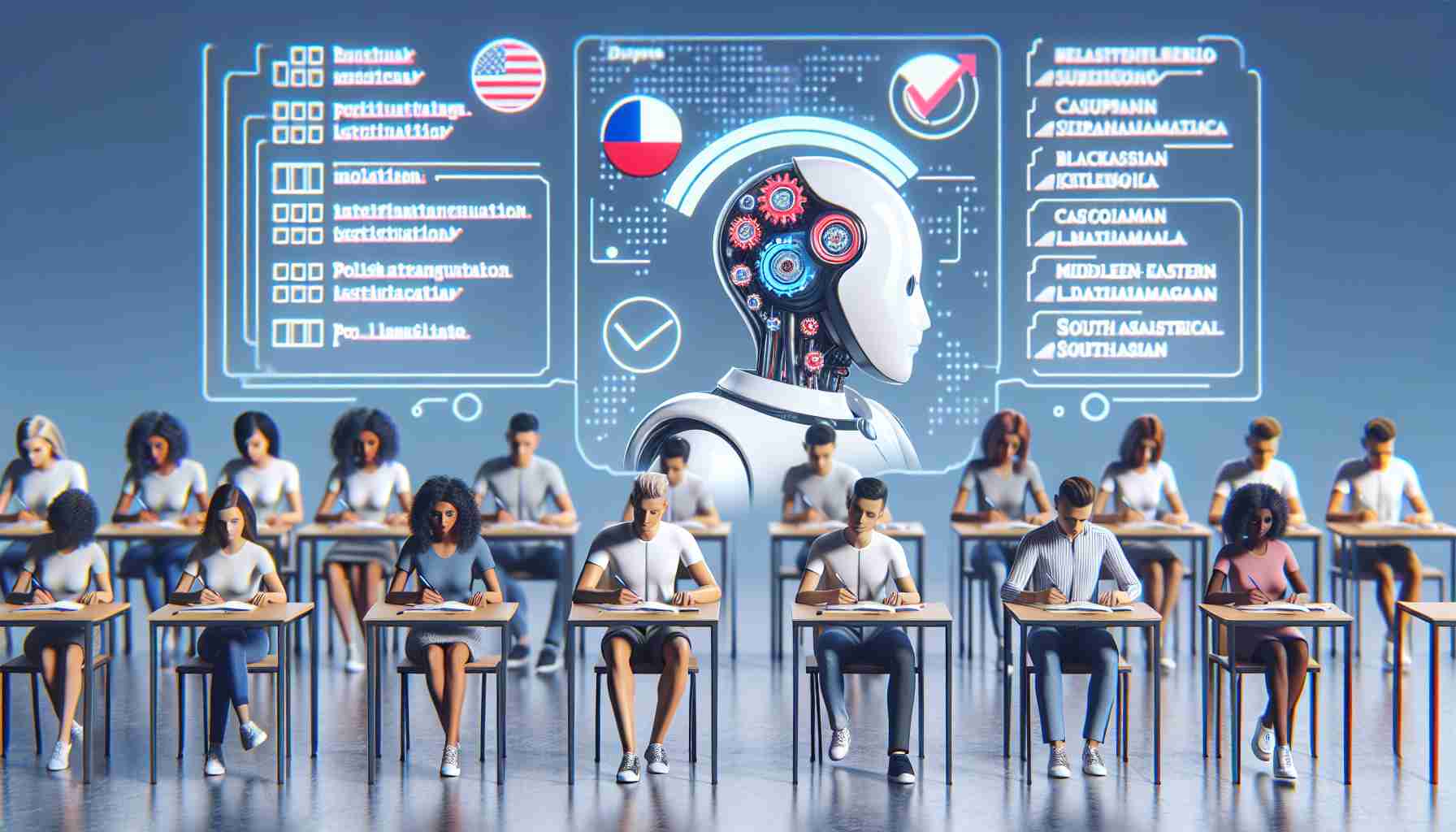In a remarkable demonstration of artificial intelligence capabilities, students were left curious to see if an AI like a chatbot could pass the recently concluded basic-level Matura exam in Polish language. As graduates prepare themselves for a series of upcoming examinations, the Central Examination Board (CKE) has released this year’s exam papers and corresponding answers, allowing students to assess their performance.
The intrigue surrounding AI’s potential in academic settings is palpable, especially with the rise of AI models capable of conversing like humans. Speculation about AI’s future implications often paints a grim picture, with some experts predicting it could lead to significant job losses or, in extreme cases, pose a threat to humanity itself. While these dystopian views are held by a segment of the population, the immediate threat of AI seems overblown for the time being.
This consideration challenges us to ponder whether artificial intelligence has advanced to a point where it could not only undertake routine tasks but also handle the complexities of an academic test like the Matura. As technology evolves, perhaps the day where AI could be judged against human academic benchmarks isn’t as far off as it seems. For now, however, students continue their preparations for their next hurdle, possibly without the competition from their silicon counterparts – yet.
Automating the Learning Process
With the AI’s ability to pass the Polish language exam, a relevant consideration is the impact this could have on education and learning processes. AI could potentially automate certain aspects of teaching, providing personalized learning experiences and assisting in areas where there are educational resource constraints. However, the reliance on AI in educational settings raises questions about the long-term understanding and critical thinking development in students.
AI and Academic Honesty
Another important challenge associated with AI in academic settings is the concern over academic honesty. The use of AI tools in completing assignments, essays, or even exams could challenge educators to create new ways to assess a student’s true abilities. There might also be concerns about the integrity of academic qualifications if such technologies become widely used by students without proper regulation.
The Role of AI in Assessing Language Proficiency
The ability of AI to pass a language exam also brings up questions about the assessment of language proficiency. Language exams typically assess not only the knowledge of vocabulary and grammar but also the understanding of cultural nuances and the ability to reason and articulate thoughts. Advancements in AI language understanding show that these systems may eventually be able to capture some of these subtler aspects of language proficiency.
Advantages
– Efficiency: AI can quickly process language examinations and provide results, potentially streamlining the evaluation process.
– Consistency: AI can offer consistent evaluations, reducing human bias or errors in grading.
– Accessibility: AI tools can be accessible to a large number of students, providing educational support and practice tests.
Disadvantages
– Lack of Human Nuance: AI may not fully understand or appreciate the cultural and contextual elements of language.
– Dependence: Excessive reliance on AI for learning or examination could hinder the development of independent critical thinking skills.
– Privacy Concerns: The use of AI in education involves the collection and processing of student data, potentially leading to privacy issues.
For those interested in following developments in artificial intelligence and its intersection with education, reputable sources on the subject can be found at:
– Association for Computational Linguistics
– Association for the Advancement of Artificial Intelligence
– Institute of Electrical and Electronics Engineers
It is important to consider the potential of AI to transform various industries, including the education sector. While the possibilities are exciting, there must be a balance between leveraging technology for benefits and addressing the ethical and practical challenges that arise.

